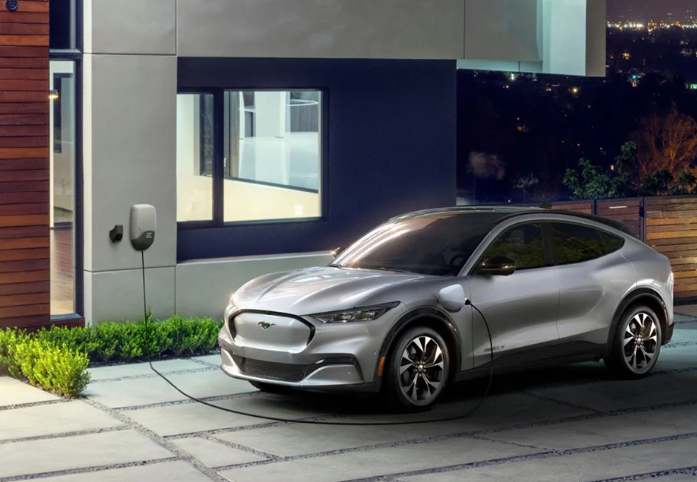Ford Motor is undergoing a strategic shift in its approach to electric vehicles (EVs), as CEO Jim Farley announced a reassessment of the company’s EV strategies, including a review of in-house battery production. This move comes as the Detroit automaker faces challenges in the rapidly evolving EV market, with slower-than-expected growth in EV sales.
Farley highlighted the need to rationalize the level and timing of battery capacity to align with demand, as well as a reevaluation of vertical integration in battery production. Ford is also exploring new battery chemistries and capacities to enhance its EV offerings.
Despite these adjustments, Farley affirmed Ford’s belief in the long-term growth of EVs but emphasized that widespread adoption among mass-market consumers hinges on reducing costs to be competitive with traditional vehicles, as EVs are typically priced higher.
In a notable development, Farley revealed the existence of a secret team within Ford, referred to as a “skunkworks,” working on a smaller, cost-effective EV platform that could be used across multiple vehicle models. However, no timeline for the launch of vehicles based on this platform was disclosed.
John Lawler, Ford’s Chief Financial Officer, elaborated on the company’s strategic shifts, indicating a reconsideration of its vertically integrated battery production model through joint venture operations, as well as adjustments in installed production capacity to match demand. Ford may also delay the launch of next-generation EVs to ensure they meet profitability criteria in the evolving market landscape.
Ford’s EV business, known as Model e, reported a significant loss of $4.7 billion in 2023, including a $1.57 billion loss in the fourth quarter alone. This was offset by profits from the company’s fleet and traditional internal combustion engine units, each earning over $7 billion last year.
Lawler stressed the need for the EV unit to become financially independent “sooner rather than later.” As part of this shift, Ford has withdrawn its target of achieving an 8% margin for its EV unit by 2026, which was set alongside a goal of selling two million EVs annually by that time.
While Ford recalibrates its EV strategy, the company plans to focus on hybrid vehicle sales, particularly in the truck segment. Ford anticipates a 40% increase in hybrid sales this year, building on the 133,743 hybrid vehicles sold in the U.S. in 2023.
This strategic pivot reflects Ford’s efforts to navigate the evolving landscape of the automotive industry, balancing its commitment to EVs with the need to ensure profitability and competitiveness in the market.
(Source: GreenTech Lead | Detroit News)









